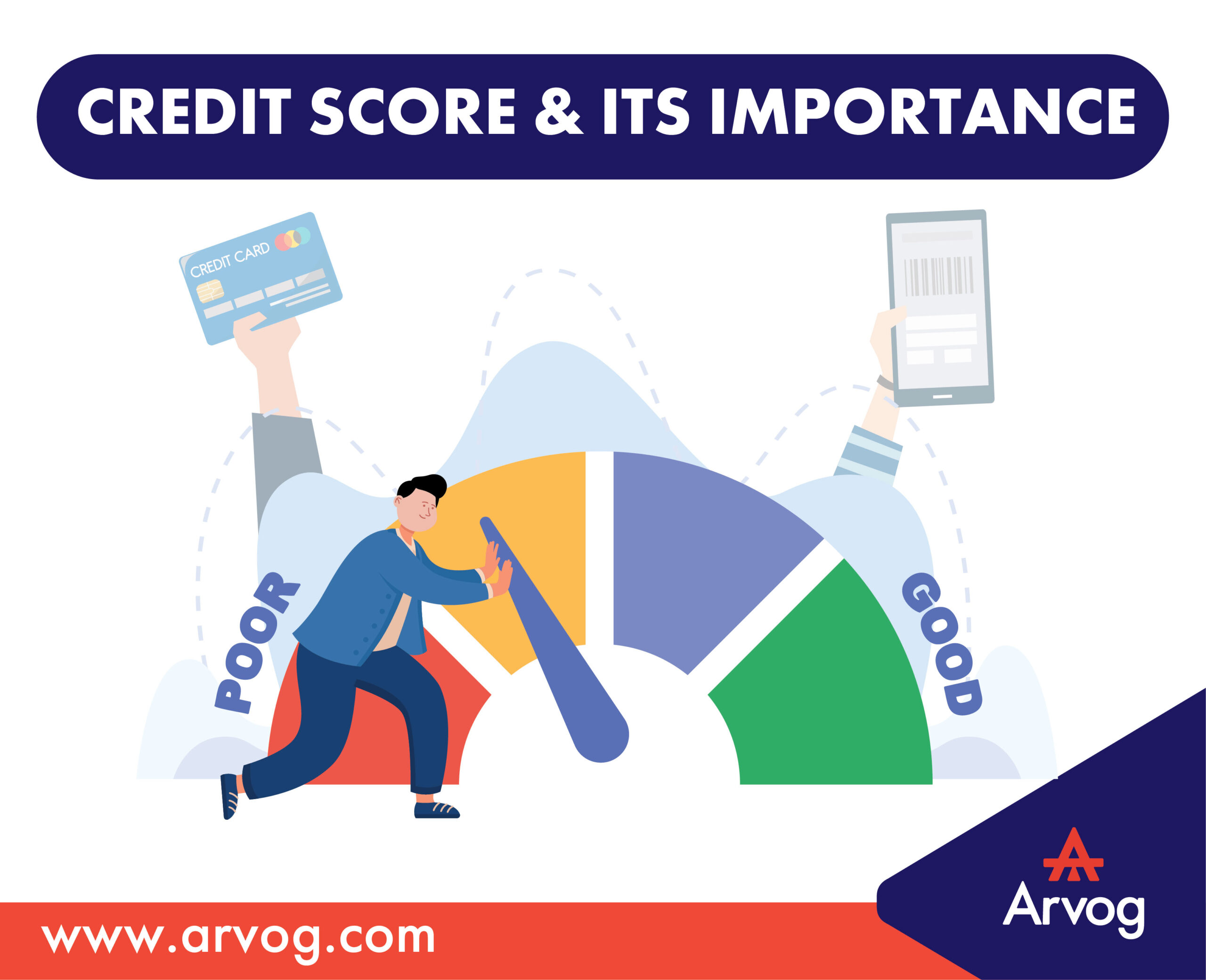
The credit growth in India is experiencing a steady demand. One of the reasons for this positive economic growth indicator phenomenon is digitalization. LendingTech is the fastest-growing segment in FinTech. It accounts for almost 60% of the FinTech market with a market size of 270 billion USD in the year 2022. It is projected to hit a market size of 1.3 trillion USD by 2030. Keeping in view the rising demand for individual loans, presenting here the salience of credit scores.
WHAT IS A CREDIT SCORE?
A credit score is a numerical representation of an individual’s creditworthiness. It is used by lenders, such as banks and credit card companies, to determine whether to approve a loan or credit card application and at what interest rate.
WHO DOES THE CREDIT SCORE REPORT? / WHO CALCULATES THE CREDIT SCORE?
In India, credit scores are calculated by credit bureaus such as CIBIL, Equifax, and Experian, based on information in an individual’s credit report. Most credit bureaus offer a free credit report once a year. You can also get your credit score from some banks and financial institutions, as well as online services that offer credit score reports for a fee.
IMPORTANCE OF CREDIT SCORE

A credit score is important because it can affect an individual’s ability to obtain credit and the terms of that credit. A high credit score may result in a lower interest rate on a loan or a higher credit limit on a credit card. A low credit score, on the other hand, may result in a higher interest rate or the denial of a credit application.
WHAT AFFECTS THE CREDIT SCORE?
There are several factors that can affect an individual’s credit score, including:
Payment history: This includes timely payment of bills and loan installments. Late or missed payments can have a negative impact on an individual’s CIBIL score.
Credit utilization: This refers to the amount of credit an individual uses compared to the total credit available to them. High credit utilization can have a negative impact on an individual’s CIBIL score.
Credit mix: This refers to the types of credit an individual has, such as credit cards, personal loans, and mortgage loans. A diverse mix of credit can have a positive impact on an individual’s CIBIL score.
Length of credit history: A longer credit history can have a positive impact on an individual’s CIBIL score.
CAN ONE GET A GOOD CREDIT SCORE?
To maintain a good credit score, it is important to pay bills on time, maintain a low balance on credit cards, pay outstanding EMIs on time and avoid applying for too much credit at once. It is also a good idea to review your credit report regularly to ensure that the information it contains is accurate. If you find any errors, you can dispute them with the credit bureau.
In addition to being used by lenders and financial institutions, credit scores can also be used by landlords and employers to assess an individual’s financial stability and responsibility. A low credit score may make it more difficult for an individual to rent an apartment or get a job, as it may suggest to landlords and employers that the individual is at a higher risk.
In summary, a credit score is an important factor in an individual’s financial life as it affects their ability to obtain credit or a loan and the terms of that loan. It is important to maintain a good credit score because it can affect the ability to obtain loans and other financial products. Lenders, banks, and financial institutions use credit scores to assess an individual’s creditworthiness and determine whether to approve their loan application. A high credit score may also result in lower interest rates and more favorable loan terms.


